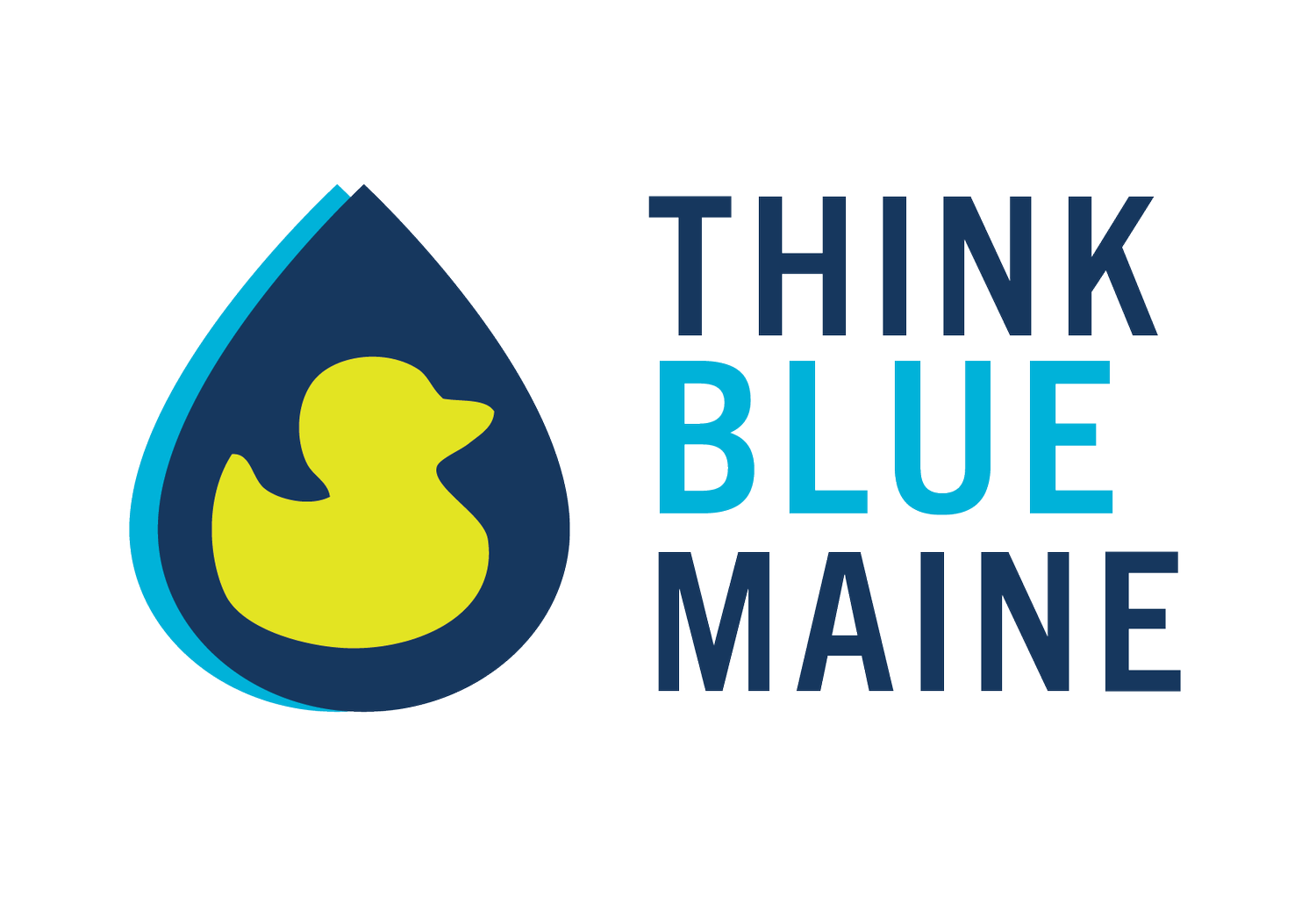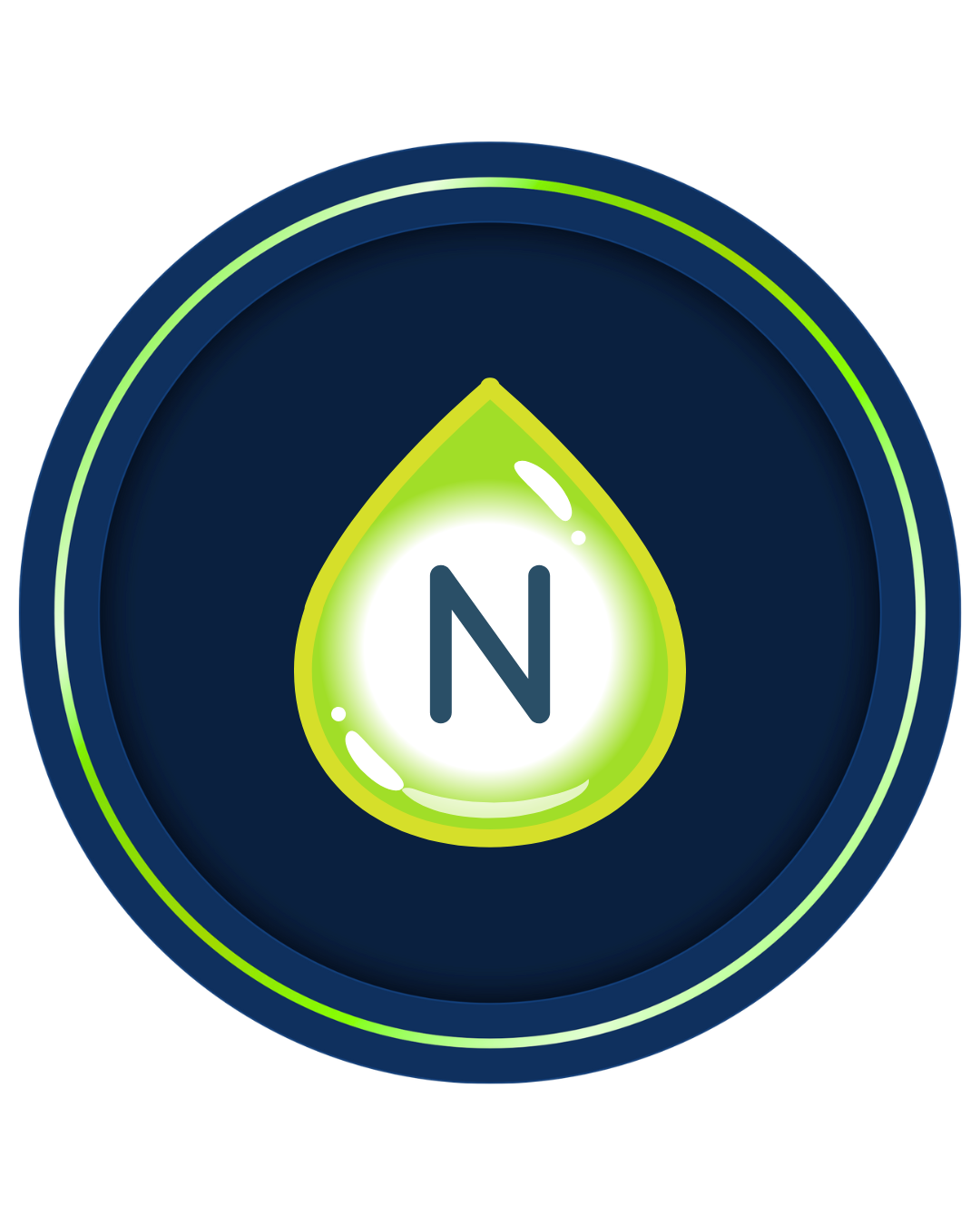Why reduce or eliminate your use of pesticides and fertilizers?
Pesticides are products designed to kill “unwanted” plants, insects, or fungi (herbicides, insecticides, and fungicides, respectively). However, they tend to also negatively impact desired plants and insects, like important pollinator plants and insects. Pesticides can also easily be picked up by stormwater and carried to our local waterways where they continue to kill aquatic plants and wildlife.
Fertilizers tend to be overapplied and at times when they aren’t beneficial to the plants they’re trying to feed. Stormwater can easily pick up the added high amounts of nitrogen and phosphorus from the fertilizer and carry it to local waterways where algae quickly starts to grow into an unsightly algal bloom. If enough algae grows, it can start a chain event called eutrophication.
Excess phosphorus can cause algal blooms in freshwater while excess nitrogen can cause algal blooms in saltwater. Taking a soil test before purchasing or applying fertilizer can help reduce unnecessary nutrients.

Lawn Care Products and Practices
Quick Tips
Test your soil. Check your soil’s ability to drain water with a percolation test and check its chemistry (pH, organic matter, heavy metal levels, and nutrient amounts) with a University of Maine soil test.
Make a site design. Plan your landscaping based on use, infrastructure, sun exposure, soil drainage, and soil chemistry. Consider adding improvements for pollinators and other wildlife too!
Build your soil. Based on your soil chemistry results, add any needed organic matter and nutrients through materials like compost and leaf mulch. Aerate the soil to reduce compaction and improve drainage.
Water wisely. Use a rain gauge to determine if you need to provide additional water to your gardens and lawn. Most plants like about an inch of water a week. Water deeply and infrequently to help your plants grow wide and deep roots.
Mow tall. Let your lawn grow to 4” before cutting to 3”. Taller grass provides many benefits including stronger root systems, healthier grass, and cooler soils to prevent weeds. Mulch in the grass clippings for free nutrients for your grass to use.
Creates a low-maintenance yard that saves you money, time, and effort.
Makes your yard more functional for how you want to use it.
Makes your yard more resistant to pests and prepared for drought.
Puts native and native-friendly plants where they want to grow.
Attracts more birds, butterflies, and other wildlife.
Uses less water.
Builds up organic matter in your soil to retain nutrients and moisture.
Prevents erosion and drainage issues.
Protects our water! Yard care products like fertilizers and pesticides can be carried by stormwater runoff to our local streams, rivers, ponds, lakes, and bays and make them unsafe to drink, fish, and swim in.
Impacts on Water Quality
Yard care products like fertilizers and pesticides harm water quality by washing into waterways (runoff), causing excess algae (algal blooms) that create dead zones (eutrophication), and directly poisoning aquatic life and drinking water, disrupting entire ecosystems from lakes to groundwater. Key culprits are excess nutrients (nitrogen, phosphorus) from fertilizers and toxic chemicals from pesticides, which degrade drinking water sources and harm fish, wildlife, and humans.
Learn More
There are so many ways to Think Blue!
Seasonal Maintenance Tips
-
Avoid piling snow on lawns and gardens
Sweep up sand and salt from driveways and walkways
Plan for Spring
-
Remove weeds early
Overseed bare and thin spots
Sharpen mower blades
Take soil percolation and chemistry tests to tailor maintenance for the year
Clear leaves and grass clippings from curb lines, ditches, and storm drains
-
Water deeply but infrequently unless in drought- then allow lawn to go dormant
Mow tall to 3”, and leave grass clippings
-
Follow soil chemistry test results
Overseed bare or thin spots
Mow tall to 3”, bag the clippings when weed seeds are present
Mulch some leaves to build soil
Clear leaves and grass clippings from curb lines, ditches, and storm drains




